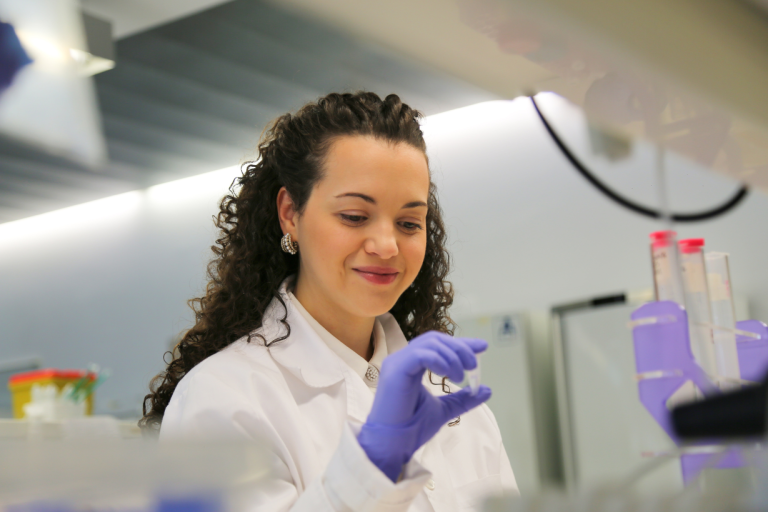
ICVS researcher Céline Gonçalves has been awarded the L’Oréal Portugal Medal of Honor for Women in Science. This award, granted in partnership with the National Commission for UNESCO and the Foundation for Science and Technology, recognizes the achievements of scientists under 35 and supports innovative research projects with an impact on health and the environment.
Read More
Research published in Nature, co-authored by ICVS’s Rui M. Reis, paves the way for new strategies in prevention and treatment.
Read More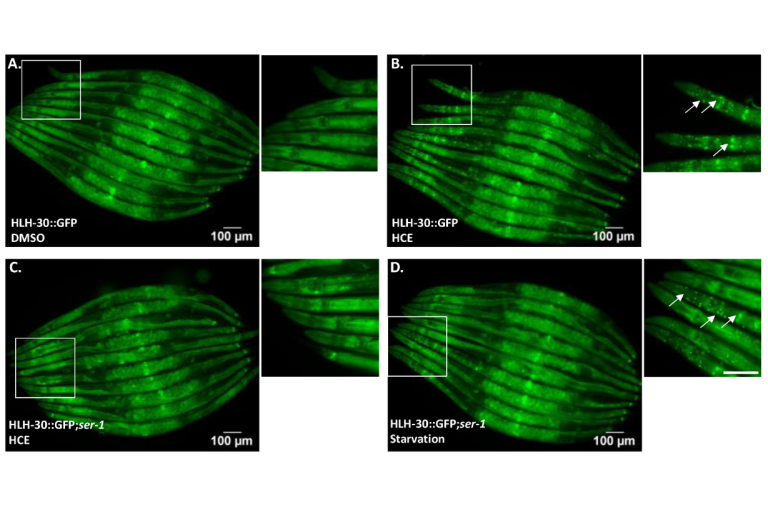
Researchers from ICVS have discovered that compounds originated from the plant Hemerocallis citrina Baroni could have therapeutic potential for treating neurodegenerative diseases like Machado-Joseph Disease (MJD/SCA3) and Frontotemporal Dementia with Parkinsonism (FTDP-17). These diseases are characterized by the loss of neurons and severe motor difficulties.
Read More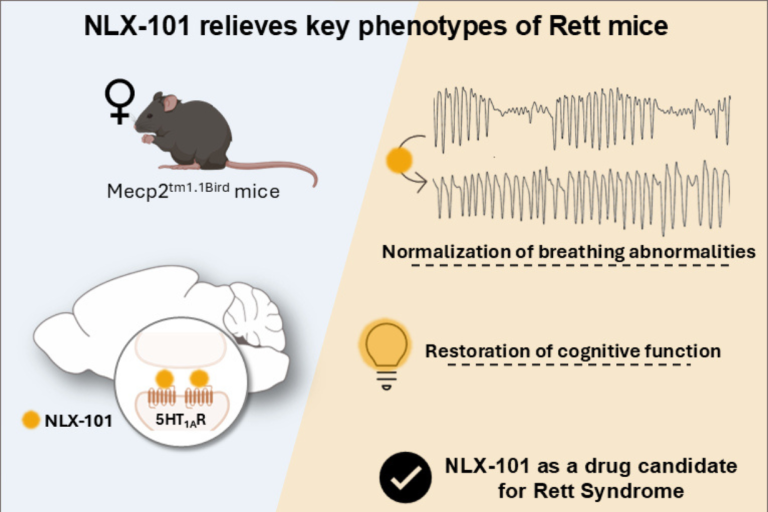
Researchers at the Life and Health Sciences Research Institute (ICVS) of the University of Minho have taken an important step in the search for new therapies for Rett Syndrome, a rare neurological disorder that still lacks an effective treatment. The results of the study, now published in the prestigious journal Biomedicine & Pharmacotherapy, show that the experimental drug NLX-101 may alleviate two of the most severe symptoms: irregular breathing and cognitive difficulties.
Read More
Malaria is proving more difficult to treat than previously thought, as drug resistance is linked to multiple genetic mutations in the parasite rather than a single one. This is the conclusion of an international study involving scientists from ICVS published in Nature Communications.
Read More
The Life and Health Sciences Research Institute (ICVS) has been awarded the highest classification of EXCELLENT in the most recent national evaluation of R&D Units, conducted by the Fundação para a Ciência e a Tecnologia (FCT) under the Multiannual Funding Programme for 2023/2024.
Read More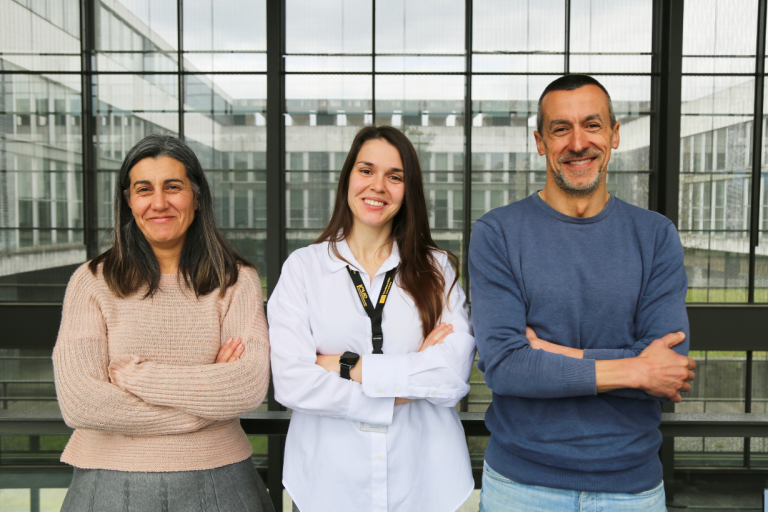
Filipa Antunes, a researcher at ICVS, has won the ART 3R Award for 2025. Her project, "Intranasal Administration as a Minimally Invasive Alternative for Stem Cell-Based Parkinson’s Disease Therapy in Rodents," has been awarded a €3,000 grant to explore a more humane and cost-effective method for treating Parkinson’s disease in animal models.
Read More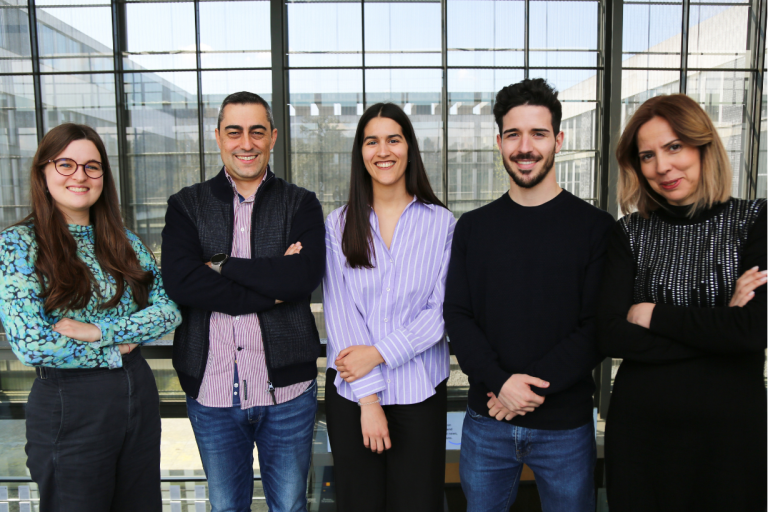
ICVS is a contributing partner in the launch of GALActIC, a pioneering European Union research project aimed at tackling Influenza-associated Pulmonary Aspergillosis (IAPA). The study, led by a European consortium, is funded by the European Partnership for Personalised Medicine (EP PerMed) and promises to pave the way for more effective identification and treatment of this severe condition.
Read More
Researchers from ICVS and INL have developed an innovative multi-channel electrical stimulator designed to advance in vitro cellular research. This innovative device enables precise electrical stimulation of cells, promoting axonal growth and guiding stem cell differentiation, key processes in regenerative medicine and therapy development.
Read More
ICVS Researcher Nuno Dinis Alves Explored the Role of Gut Serotonin in Treating Depression and Anxiety While Reducing Side Effects of Classic Antidepressants
Read More

















